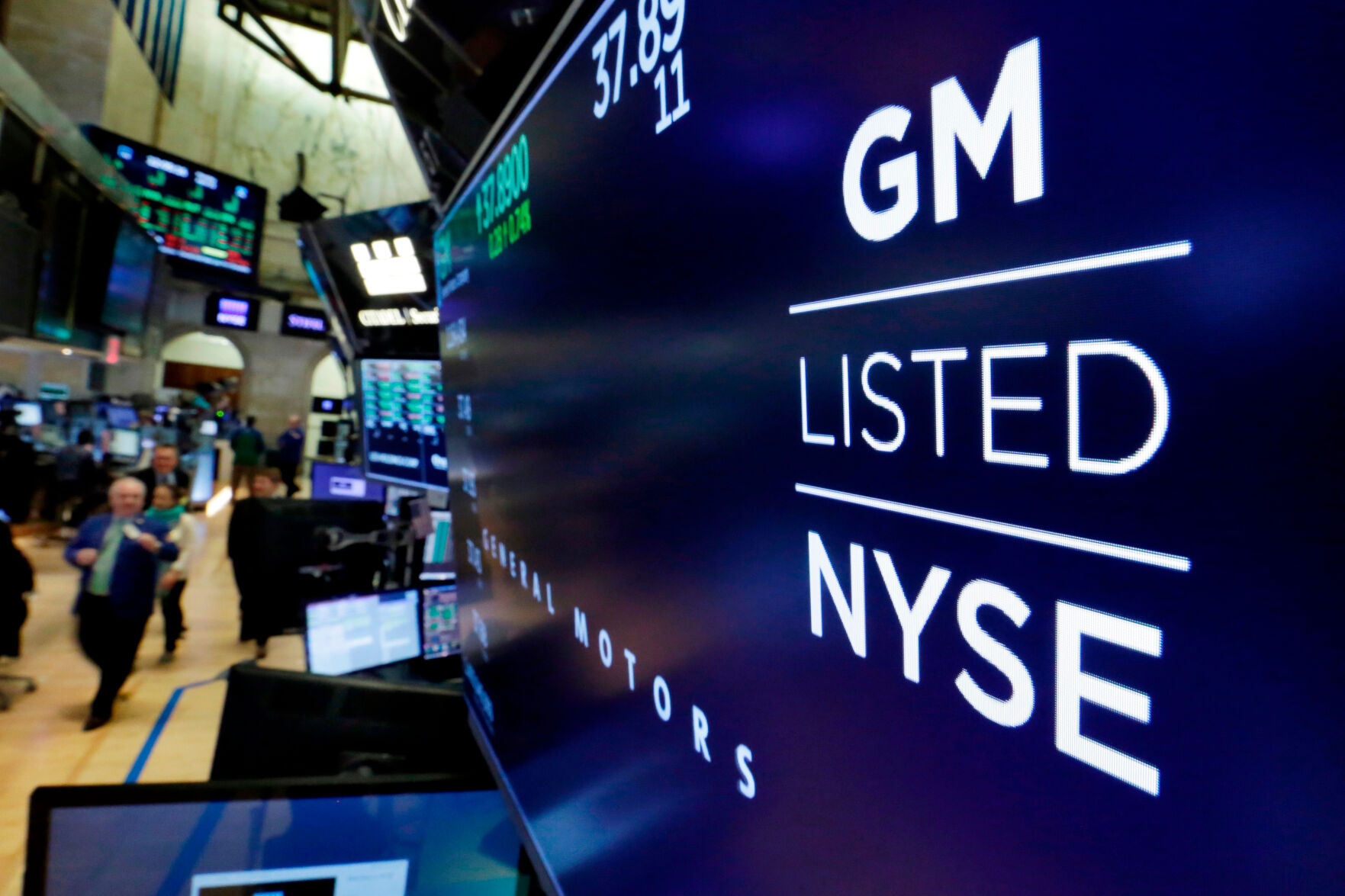DETROIT — Despite a small dip in U.S. vehicle sales, General Motors’ first-quarter net income rose more than 25% on strong deliveries of pickup trucks and other higher-profit vehicles.
The Detroit automaker said that while its average sales price per vehicle was down slightly from last year at just under $50,000, pickup sales remained strong, and it’s not seeing the price erosion across its lineup that other companies have experienced.
GM today said it made $2.97 billion from January through March, with revenue increasing 7.6% over the same period a year ago to just over $43 billion.
Excluding one-time items the company made $2.62 per share, beating Wall Street estimates of $2.13, according to FactSet.
The better-than-forecast prices also allowed GM to raise its full year net income guidance slightly to a range of $10.1 billion to $11.5 billion, up from $9.8 billion to $11.2 billion. Adjusted 2024 earnings per share guidance rose to $9 to $10 from $8.50 to $9.50.
Chief Financial Officer Paul Jacobson said prices dropped a little because GM sold a higher share of lower-cost vehicles such as the Chevrolet Trax small SUV, which starts at $21,495 including shipping. “The portfolio as a whole has been pretty strong,” he said, noting that pickup truck sales were up 3% in the U.S.
The company still has assumed that prices will drop 2% to 2.5% for the full year, but has not seen the decline yet, Jacobson said.
Retail sales of electric vehicles rose during the quarter, and GM is producing more of its own batteries, he said. The company is on track to hit a mid single-digit profit margin on EVs next year.
During the quarter, the company made $3.84 billion before taxes in North America, but lost $10 million in its international operations, including a $106 million loss in China.
The automaker’s troubled Cruise autonomous vehicle unit lost $519 million pretax as it tries to recover from a serious crash and allegations of a cover-up in California. CEO Mary Barra said Cruise, which had suspended testing and robotaxi rides after losing its California license, returned to testing in Phoenix to update mapping and gather road information.


